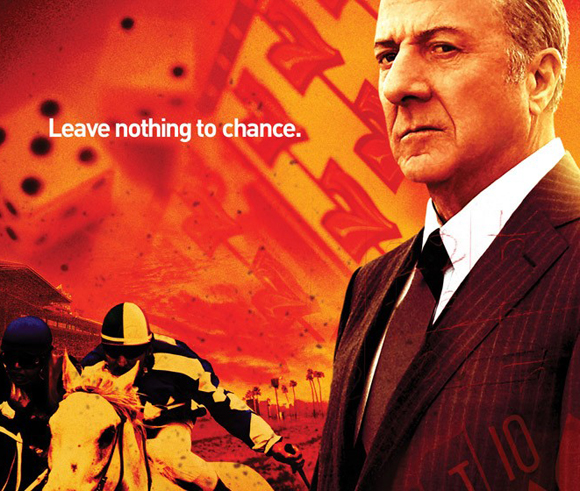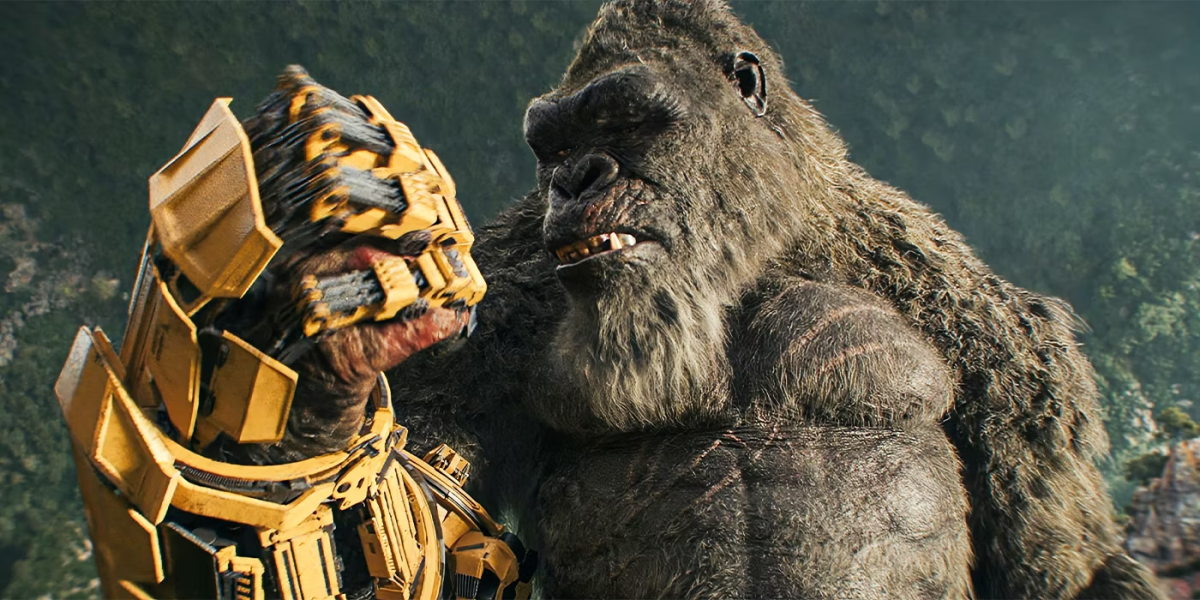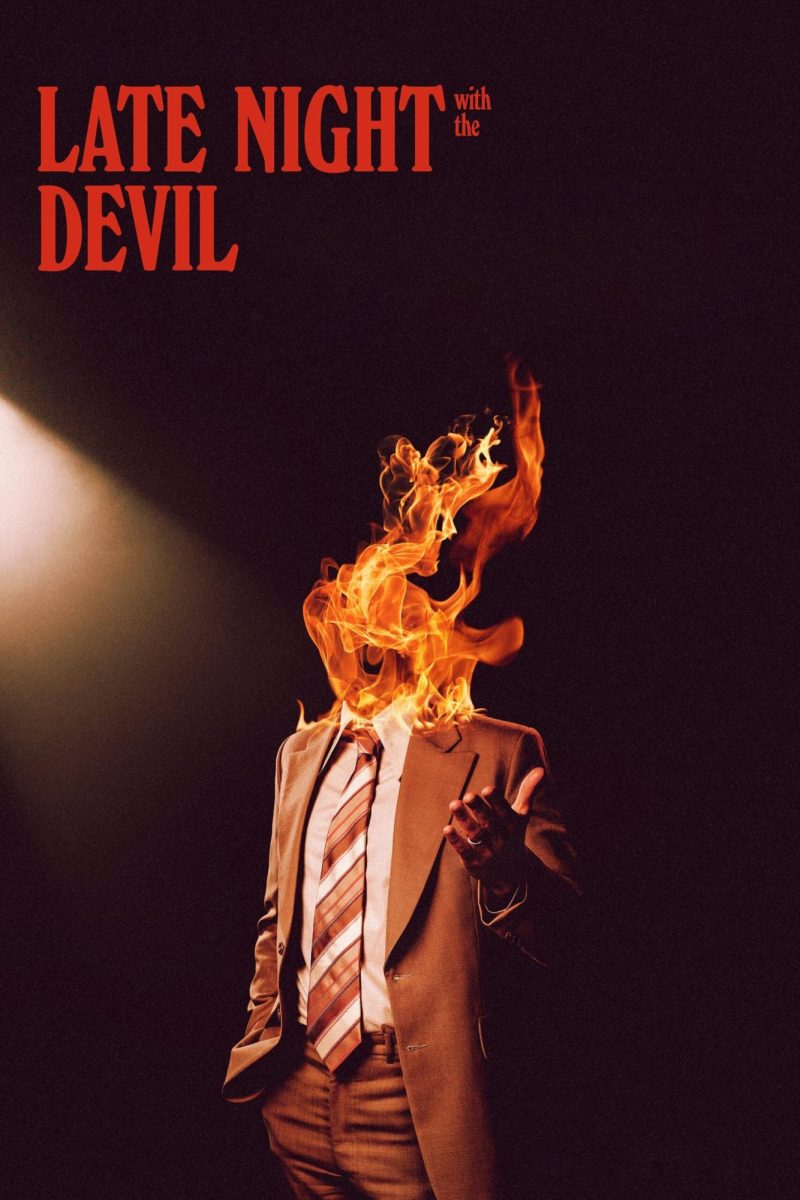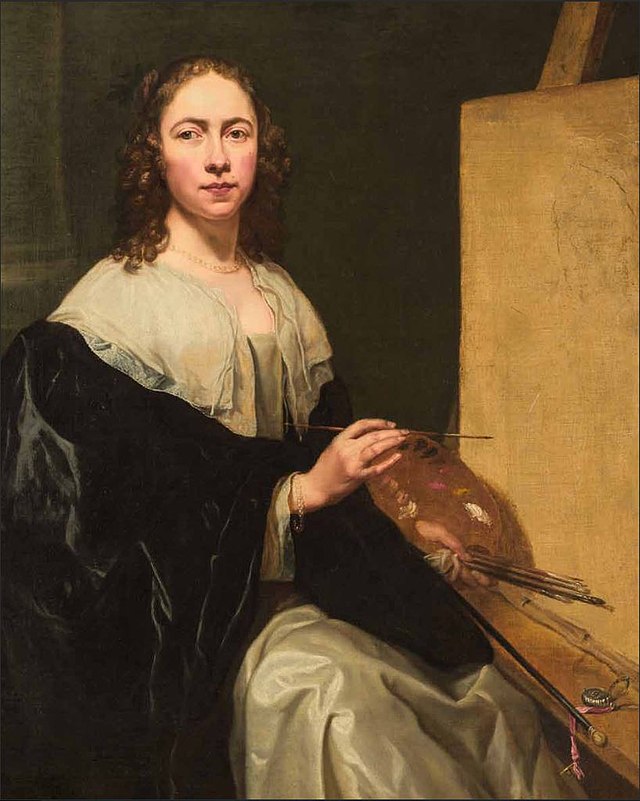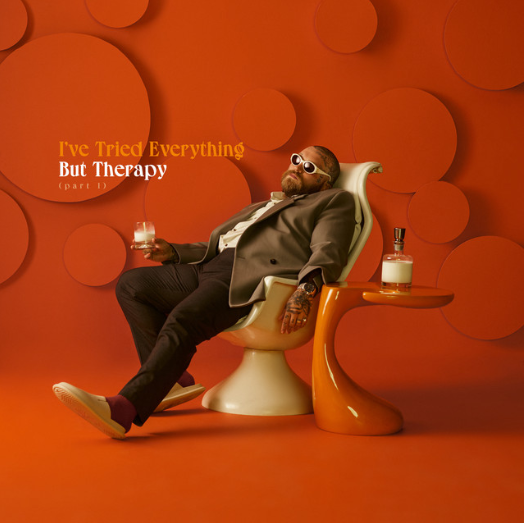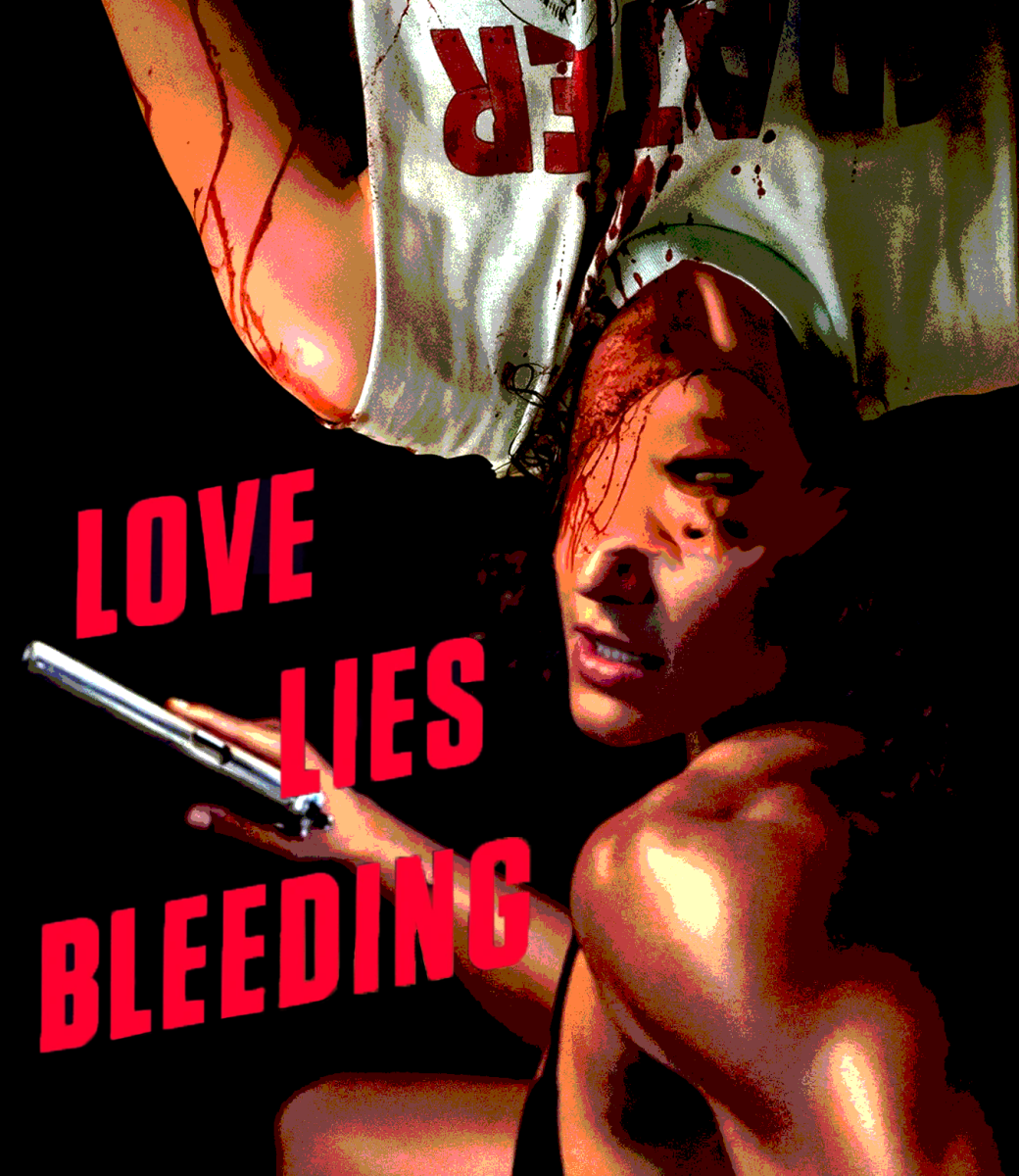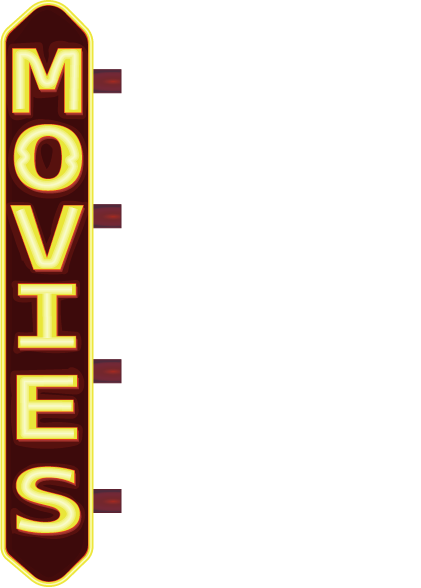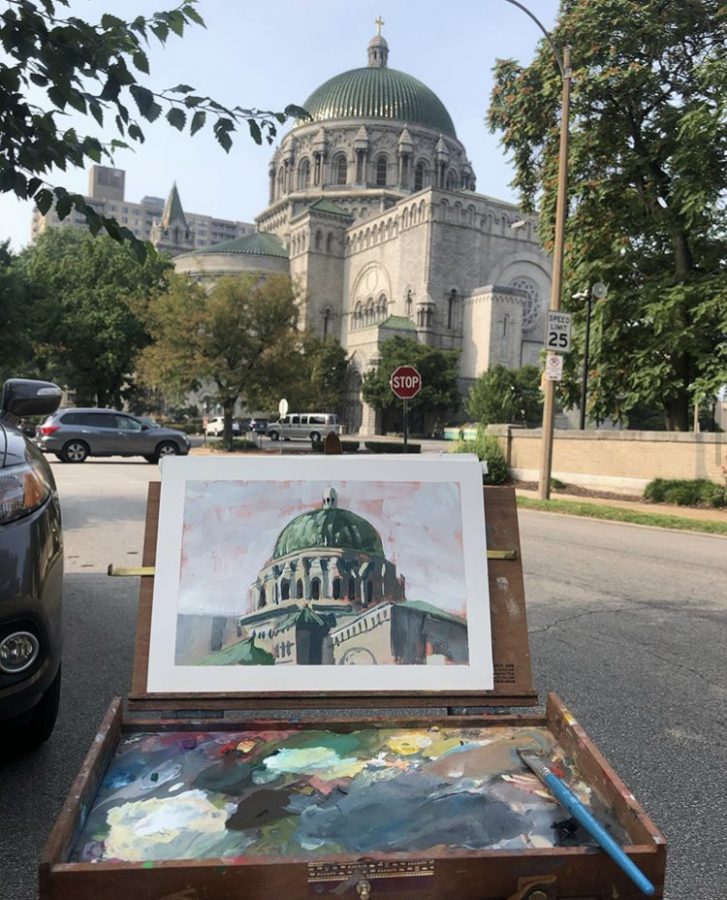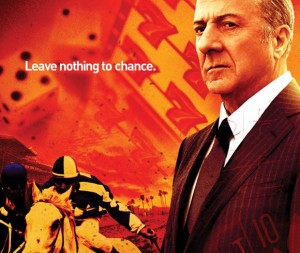
Cable drama’s narrative, theatrics embody the visual novel
Writer David Milch has been hard-pressed to find any luck with HBO. In 2006, his revisionist neo-western “Deadwood” was cancelled despite rave reviews and a solid fanbase. Just one year later, HBO pulled the plug on “John from Cincinnati” after only nine episodes.
However, Milch is back. This time, he is working with film director Michael Mann (“Public Enemies,” “Heat”) to craft “Luck,” a drama centered around a cast of eclectic characters who populate the same horse-racing track.
Nick Nolte plays Walter Smith, the gruff and grumbling trainer-owner who makes the viewer beg for closed-captioning. He works with Escalante (John Ortiz) to train and prepare the horses to be ridden by Leon Micheaux (Tom Payne), an arrogant hot-shot jockey, and Rosie (Kerry Condon), a charming Irish immigrant. The jockeys are managed by Joey Rathburn (Richard Kind), a fast-talker who chews up Milch’s verbal ticks with manic neuroticism. One of his clients, Ronnie Jenkins (retired jockey Gary Stevens), cannot kick the bottle.
On the other side of the track, or rather, up in the stands, we meet Marcus (Kevin Dunn), Jerry (Jason Gedrick), Renzo (Richie Coster) and Lonnie (Ian Hart), a quartet of “degenerates” who pull together to take a shot at the Pick-6 jackpot, nearly $2.5 million. And, of course, last but not least, we meet Gus Demitriou (Dennis Farina) and Chester “Ace” Bernstein (Dustin Hoffman), the show’s protagonists, if it can be said to have main characters at all. Chester is released from jail at the show’s commencement, but we see little of him in the rest of the pilot.
Judging by the pilot alone, the cast is solid down the line, filled with character actors and “that guy”s who have developed careers carving out niche roles and chewing up scenery. They all feel right at home amidst Milch’s high realism and theatrical dialogue.
Milch himself is a horse-owner, and his equine love shows in the intricate details and many shots of the process of caring for the animals. And yet, Milch offers us a close look at the underside of the arena, of the pain these humans can and often do cause on the unknowing and trusting animals. It is a fair and equal portrait of an exciting and corrupt enterprise.
Not much happens in the way of plot in the pilot. The hour-long episode seems to be more interested in introducing its players than in playing ball. While some might find Milch’s storytelling to be too slow, “Deadwood” showed us that patience will pay off in full. Even though Milch’s drama can be a slow burn at times, his dialogue is simply unlike anything else on television. His words and use of jargon characterize each of his creations and give them life long before they step on screen. Milch’s trademark monologues, too, are nothing short of poetic, almost Shakespearean.
HBO has ordered nine episodes of “Luck,” but it is hard to tell whether the show will suffer the same fate as “John from Cincinnati,” or if it might find a home on the cable network. An aggressive marketing campaign and the casting of Hoffman are obvious calls for wider viewership, but Milch’s tele-novelistic aspirations might alienate the casual audience; it only intrigued and excited this viewer.
It seems as though Milch’s free-form narrative and high theatricality can be too challenging even for cable drama. Unlike most network dramas, like the “Law and Order” and “CSI” clones, Milch and other television auteurs, like David Simon of “The Wire,” demand the careful attention of an intelligent viewer.
To them, television is not merely a small box of flashing lights where tired souls stare to help them forget their days. No, for these mad visionaries, television has become something new altogether: a forum for teleplay scribes and a drawing board for the visual novel. We are indeed in the Golden Age of television.


